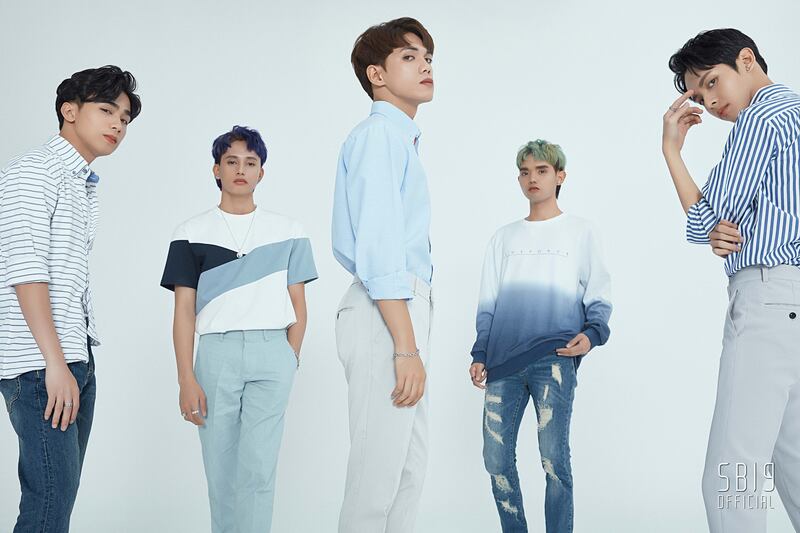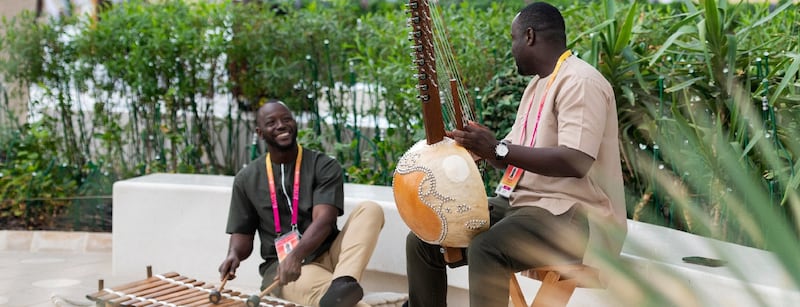The Middle East and North Africa is becoming a new powerhouse within the music industry.
According to theGlobal Music Report 2022 by the International Federation of the Phonographic Industry, Mena experienced a 35 per cent growth in music revenues in 2021, establishing it as the world’s fastest growing territory of that year.
Coming second was the Latin American market which recorded a 31.2 per cent climb, followed by the US and Canada, Europe and Asia who all recorded increases in revenues in their respective markets.
However, the buzz of the industry centres on Mena’s rapid growth, largely powered through a combination of streaming consumption and a bigger regional push by major music companies.
“It’s a really exciting area of growth, not just locally; it is producing music that is starting to resonate around the world, and that will continue. It’s about a slow build, but one that is very robust,” said Simon Robson Warner Music Group’s president of international recorded music.
“Actually having offices in the different regions of North Africa and the Middle East is key. We have great teams on the ground now, building those networks and giving local artists opportunities around the world.
“One thing we’re really challenging our teams to do is look for local opportunities — be it signing artists, distribution deals or possible partnerships or acquisitions; there is money available for the right opportunities.”
Streaming is king
Warner Music Middle East managing director Moe Hamzeh points to the region’s streaming habits, accounting for 93.5 per cent of Mena’s revenue share for 2021, for placing the region firmly on the map.
“Growth has come from increased DSP [digital service providers] subscription numbers, but also from rise in social media consumption and the increased importance of music on platforms like TikTok, Snapchat, Instagram Reels and YouTube Shorts — these are now pillars in people’s music discovery,” he said.
“That is especially true in countries such as Egypt and Saudi Arabia, with such young populations … We’re seeing a rise in Egyptian hip-hop, and Mahraganat, or Electro-Shaabi music, and this fused genre is starting to become dominant.”
Shridhar Subramaniam, Sony Music Entertainment president of corporate strategy and music development for Asia and Middle East, says Mena’s growth is partly down to labels embracing the opportunities afforded by social media apps and the gaming sphere.
He points to the success of Egyptian pop-star Mohamed Hamaki's virtual concert as part of the popular online video game Fortnite in September, the first of its kind by a Mena artist.
“The Middle East region is in a super-exciting place now. Social change is now fully under way, and with a young population, the conditions and timing are right for a new creative wave,” he said
“This [Hamaki] project illustrated the power of a true partnership, bringing together the best of music and gaming to help artists in the region expand to new markets and audiences.”
There is more to the Mena music scene
Ironically, for Mena to become an even bigger market, the region needs to be viewed less than a whole, according to Sean Watson, Sony Music Entertainment managing director for Africa.
“A big goal is to become more nuanced in key regions like Africa, the Middle East and India, so that eventually we stop talking about them as regions and focus on individual countries and distinct cultures — sometimes, of course, different cultures and languages within a country,” he said in the report.
“That is key because the opportunity for these parts of the world are huge and we don’t want any talented artists, or any aspect of the culture left out of the trend towards global success.”
Adele and The Weeknd on top of the world
When it comes to key global releases of 2021, the report stated that The Weeknd's Save Your Tears was the biggest single of the year with 2.15 billion streams, followed by The Kid Laroi and Justin Bieber collaboration Stay (2.07 billion) and Dua Lipa's Levitating which notched up 1.88 billion streams.
When it comes to album physical sales Adele's 30 topped the global charts with 4.68 million copies sold, followed by Abba's comeback release Voyage (2.05 million) and Attacca by K-pop group Seventeen with 1.75 million units.
The global vinyl albums chart is responsible for the most eclectic artist list, including chart topper 30 by Adele (862,000 copies), Fleetwood Mac's classic 1976 album Rumours at third place and The Beatles (1969's Abbey Road), Nirvana (1991's Nevermind), Pink Floyd (1973's The Dark Side of the Moon) and Taylor Swift (2020's Evermore) rounding off the top 10.




















